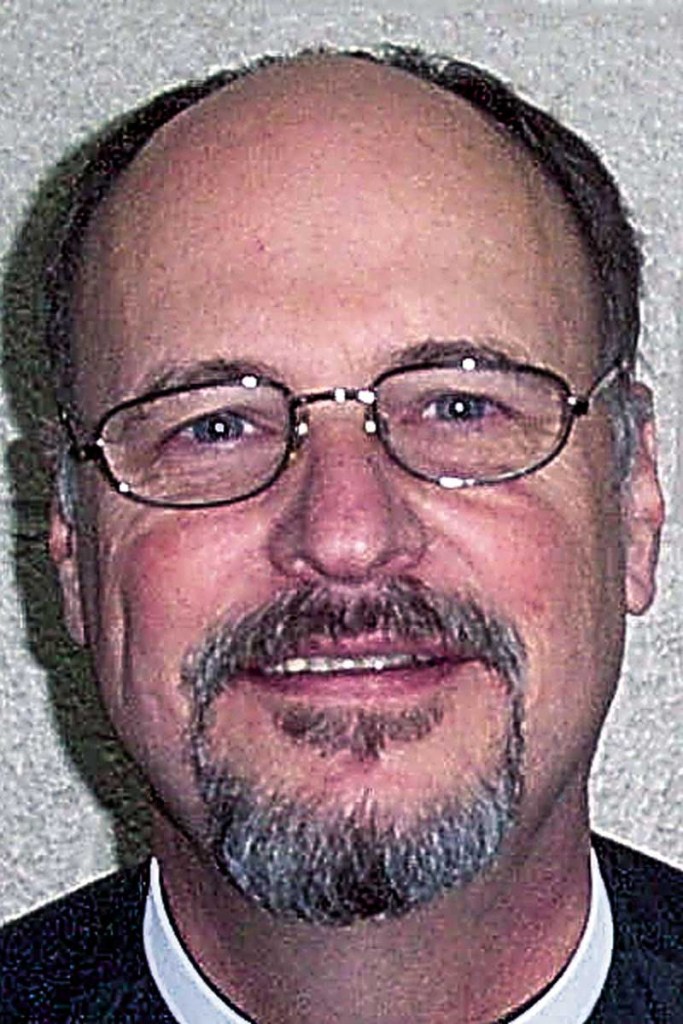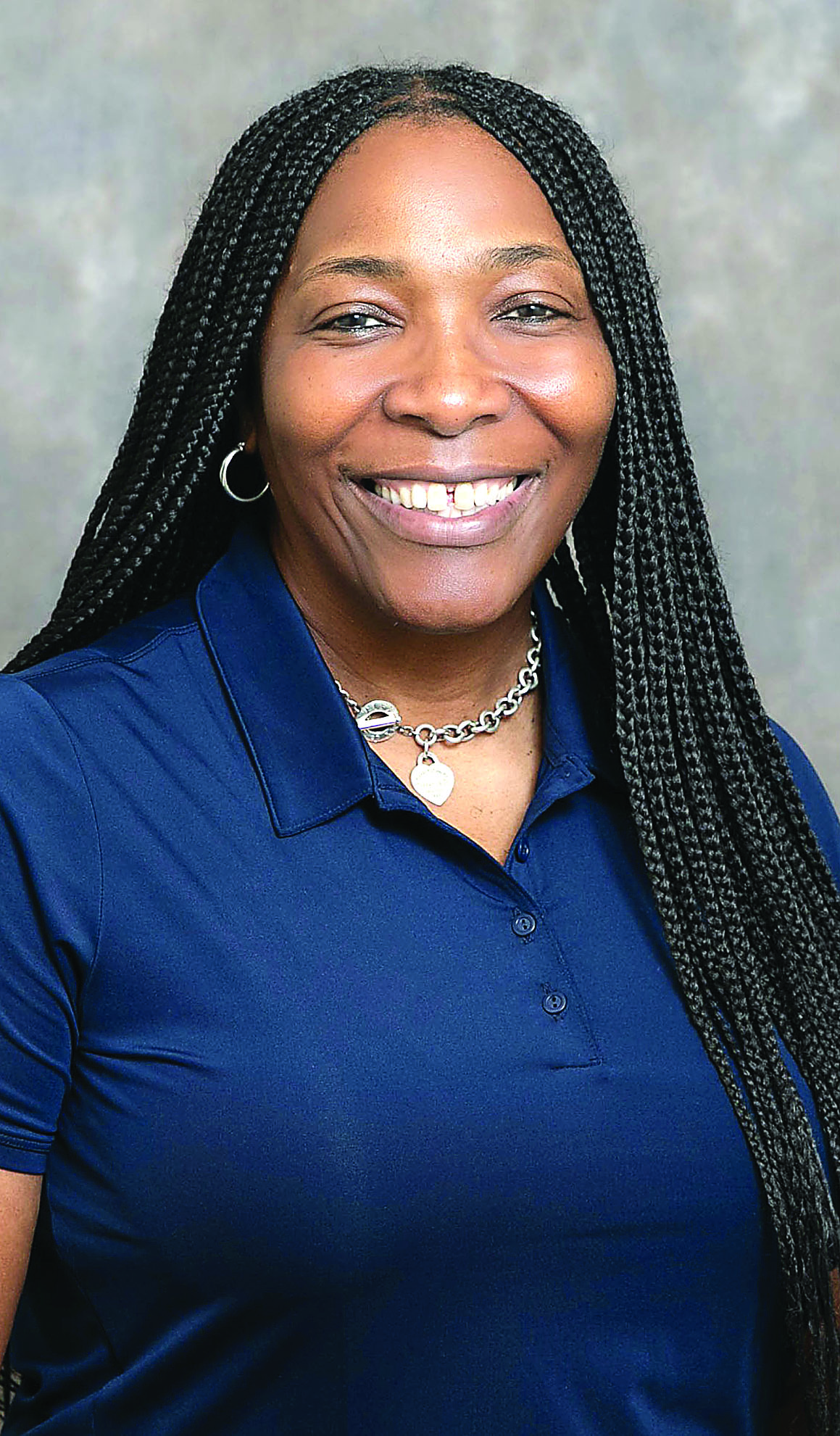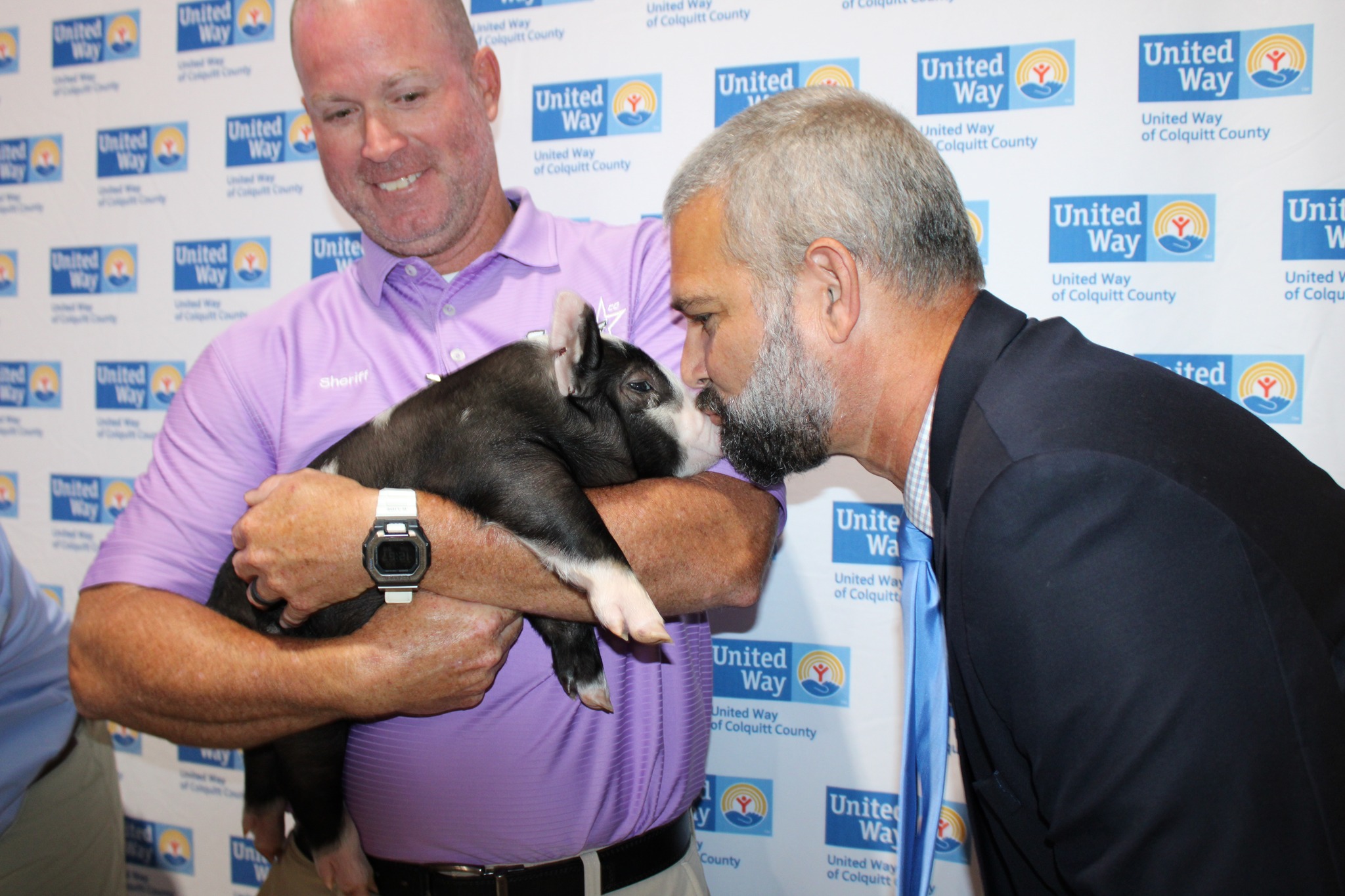Halloween retrospective: Was it meaningful for you?
Published 11:05 pm Thursday, November 6, 2008

- Gary Wilde
It was only last Friday that various youthful ghouls, goblins, and ghosts raided our front yards and doorsteps demanding treats. I had put on my clerical collar, black cassock, and silver cross to greet them. And I gave out lollipops with little tags attached that said: “May you have a blessed All Saints’ Day.” (One little girl ran to her mother, hollering: “There’s a man in there dressed like the Pope!” But I was able to assure Mom and daughter that I was merely a lowly priest trying to gain a little publicity for the calendar of the Christian year.)
Halloween. It’s a shortened form for “Hallowed Eve,” or “All Hallows Eve” — the evening before the day when catholic Christians (ie., those of the Roman Church, Eastern Orthodox, and Anglican Communion) give special attention to an important article of the Faith: the Communion of Saints (on the Christian calendar, All Saints Day always falls on Nov. 1). It’s the belief that every believer in Jesus (every “holy one,” or saint) is connected by an insoluble bond through the mutually indwelling Holy Spirit. (Note: We also recognize that some of the “holy ones” have so excelled in thankful response for the grace of salvation that they have become heroes of the faith to us. They are, in a sense, Saints with a capital “s.” We say of them: How God has used them in sacrificial service! Many have even been martyrs for the Faith and deserving of special honor.)
At any rate, consider the implications of this Communion of Saints when it comes to the dead. A friend recently asked me some questions along these lines, and I tried to answer the best I could, knowing that Halloween was fast approaching …
My friend’s 1st question: Why do you speak of the communion of saints as including the dead?
My answer: Because of the Mystical Body of Christ, since the church exists on two levels. There is the visible body of folks who we see at worship. Some are true believers and some aren’t, for Jesus told us that the wheat and tares will grow up together until judgment day. But there is also the invisible group, those who do indeed know Christ and are now in the grave. Is there any reason to think that Christ’s Body would just include those living on the earth? (The Bible speaks of an invisible “cloud of witnesses,” for instance, in Hebrews 12.)
Think of it this way. Our bodies consist of countless cells, and we might say: “My cells live in me.” But wouldn’t it be more accurate to say: “I live in my cells”? Similarly, with the church: Christ lives in the cells of His body (all who have his supernatural life within them). His life flows through his Body.
And here’s the point: Physical death just can’t extinguish that supernatural life.
His 2nd question: Why do ya’ll pray FOR the dead at your church?
My answer: Well, because the dead aren’t done yet! We know that, according to the Bible, “absent from the body, present with the Lord.” The dead await the resurrection and apparently have some form of conscious existence. And to exist that way, while time still unfolds, implies change (for no person is exactly the same, one moment to the next). So … if change is possible for the dead, it would seem best to hope for good change rather than bad change, right? Let’s pray about that!
The Book of Common Prayer has many prayers for this kind of growth in our departed brothers and sisters in the faith. Here’s an example:
Remember your servant, O Lord, according to the favor that You bear toward Your people; and grant that, increasing in knowledge and love of You, he may go from strength to strength in the life of perfect service in Your heavenly kingdom; through Jesus Christ our Lord. Amen.
The dead aren’t done yet (check out Philippians 1:6 in the Bible). They still await the Last Day along with the living; they are still a part of us in Christian fellowship (another word for communion). Let us pray for their continued growth in love for God.
His 3rd question: Okay, so why do you pray TO the dead saints?
My answer: We are simply asking for their prayers — because it helps to have spiritually mature souls interceding with God on our behalf. Any time I can find a solid Christian to pray for me … that’s what I want. Now, if I can ask Fred of Jane to do so, why not ask Joseph, or Mary, or …? We ask for the saints’ prayers, not assuming that physical death prevents such fellowship in the Body of Christ.
But let’s keep studying it
So, that’s how I answered my friend’s questions about Halloween. I’m not sure they were good answers. But if they encourage you to dig a little deeper into the topic of the communion of the saints, then great.
You see, I write this column today because I am dismayed by the secularization of a good Christian holy day. We see what becomes of Christmas and Easter when the Santas and bunnies are unleashed. And Halloween seems to be growing ever more popular in our culture — focusing on the occult and violent death. But perhaps our families could focus more and more on the blessedness of knowing Christ the Victor over death. It is His awesome power that makes our deaths only another form of blessed fellowship.
So, far in advance, let me extend to you this greeting in His name: May you have a blessed All Saints Day in 2009.
Fr. Gary Wilde is pastor of St. John’s Episcopal Church in Moultrie.





